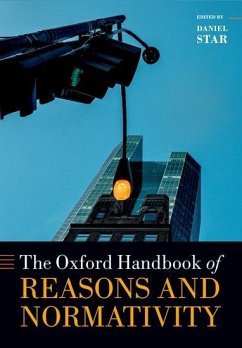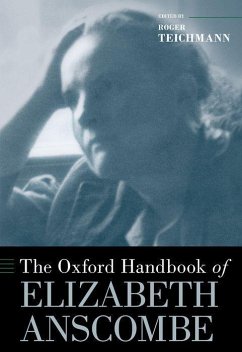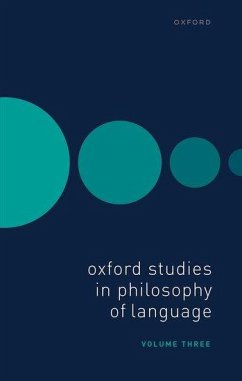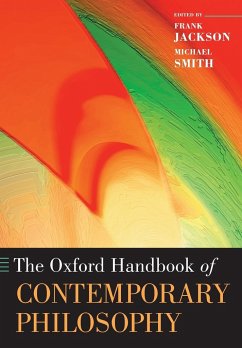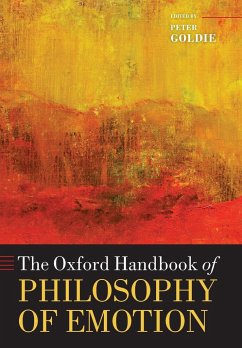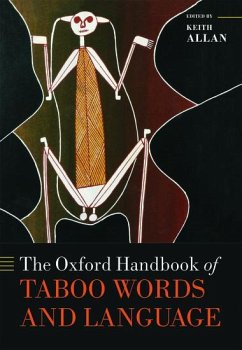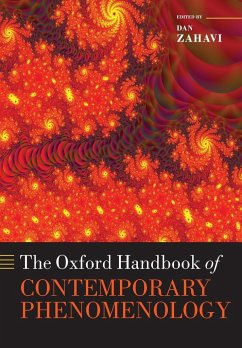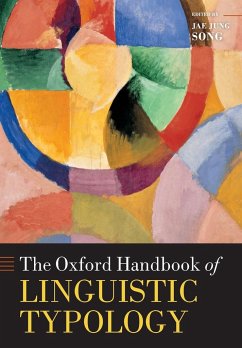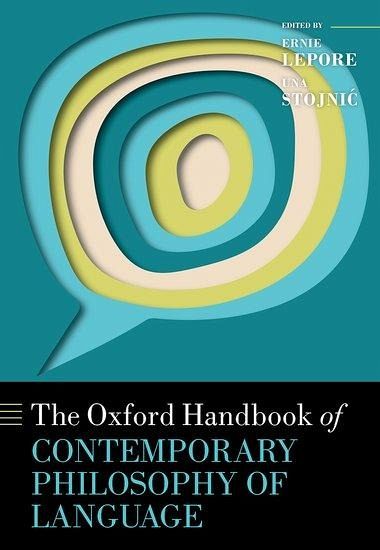
The Oxford Handbook of Contemporary Philosophy of Language
Versandkostenfrei!
Versandfertig in über 4 Wochen
166,99 €
inkl. MwSt.

PAYBACK Punkte
83 °P sammeln!
This Handbook introduces key issues in the philosophy of language as currently practised. Topics include: the nature of language; the nature and role of semantic content; the dynamics of communication and speech acts; tense and modality; discourse dynamics; and the expressive, evaluative, subjective, and social aspects of language.



